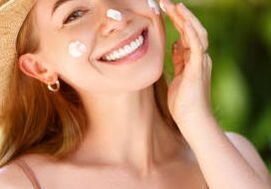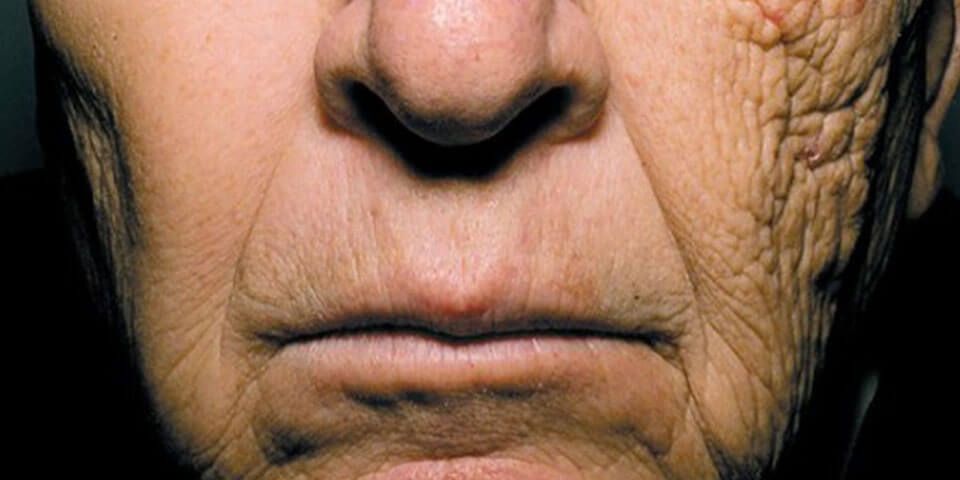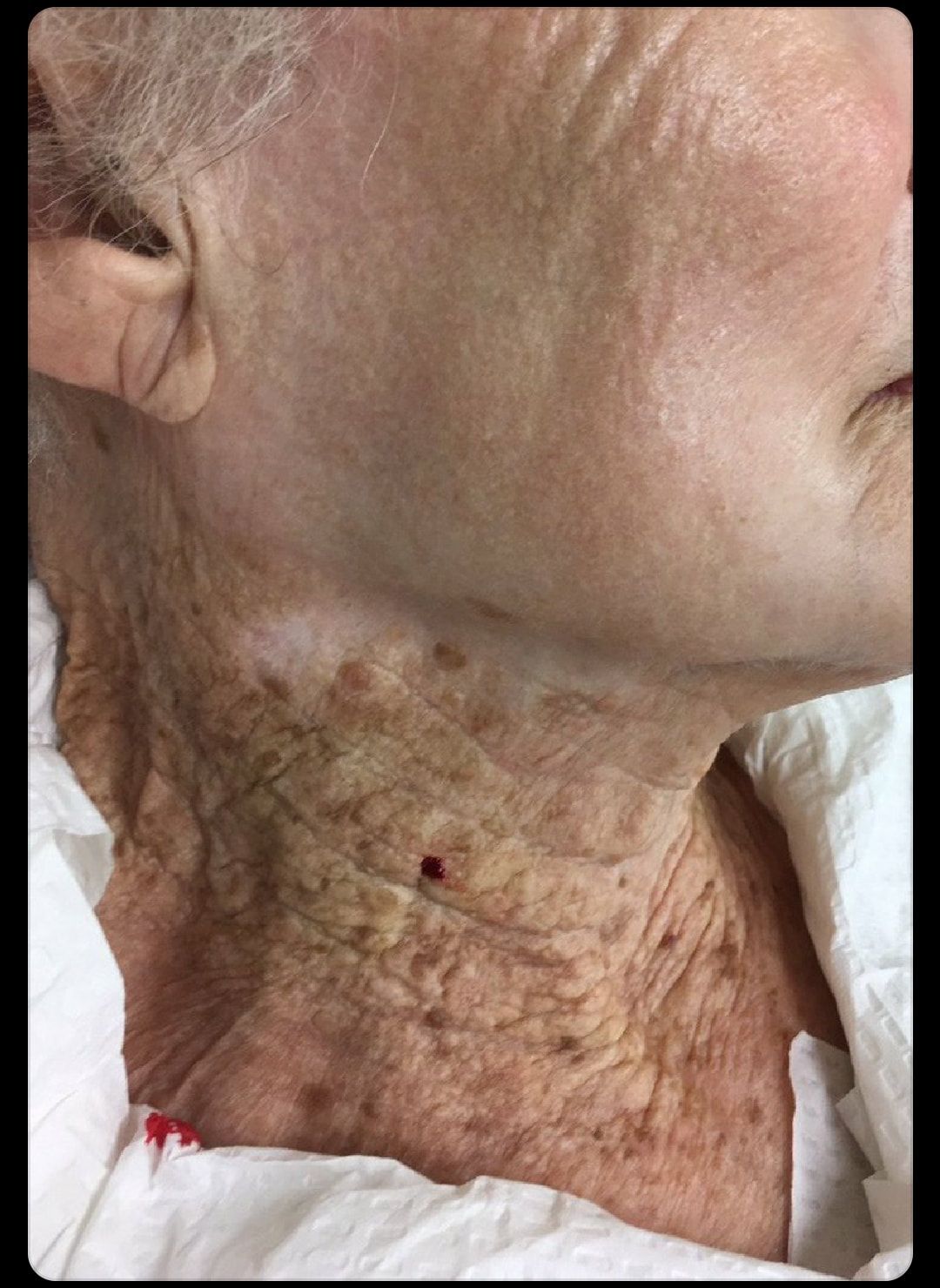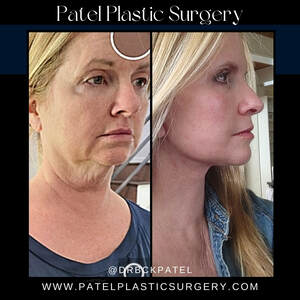How to choose the best sunscreenThe importance of using sunscreens has been stressed repeatedly the world over. One in five Americans will develop skin cancer by the age of 70 years. It is important to understand the ingredients in sunscreens to ensure that you are using the most effective sunscreen. Sunscreens should be used in addition to the use of protective clothing, shades, wide-brimmed hats, and physical coverings and not be relied upon solely for the protection of your skin. Excessive use of sunscreens can lead to Vitamin D deficiency. Sunlight is needed for the skin to synthesize Vitamin D. Vitamin D is synthesized by exposure to Ultraviolet B rays. Certain ingredients in sunscreens can cause hormone disruption and have been associated with environmental damage. Deceitful and/or negligent composition and promotion of certain sunscreens led to the recent Sunscreen Scandal! Understanding sunscreen labelsUVA and UVB Rays: the best sunscreen should provide you with protection from both, UVA (320 - 400 nm) and UVB (280 - 320 nm) rays. Protection from these rays will guard against sunburns, skin damage leading to skin cancers, and premature skin aging with deep wrinkles Water resistance: There is no sunscreen that is waterproof. Some sunscreens will be labelled "water resistant", which is reasonable as long as the label defines how long the sun protection lasts when exposed to water. Regardless, it is wise to re-apply sunscreen if one is spending time in and on the water. SPF Factor: Although the higher the SPF factor, the better the protection, here are some important facts that are worth remembering to prevent you from being sold every-higher SPF factor sunscreens:
Any sunscreen that has less than SPF 15 protection, will only protect you against burns, but not against skin damage that causes cancers or aging understanding sunscreen ingredientsSunscreens come in two forms: ones that have chemical protection built into them and ones that have a physical block. The physical blocks include zinc oxide and titanium dioxide. Both zinc oxide and titanium oxide provide strong protection against both, UVA and UVB rays. In fact zinc oxide and titanium oxide are so powerful that the ingredients are used to protect astronauts and welders. If it is good enough for Neal Armstrong, it should be good enough for us! Zinc Oxide is the broadest spectrum UVA and UVB absorber that is approved by the Food and Drug Administration. Both Zonc Oxide and titanium dioxide are nonirritating, non allergenic and non-comedogenic. Many sunscreens have nanoparticles of zinc oxide and titanium dioxide but it should be noted that contrary to reports, they are only absorbed into the outermost layer of the skin and not into the body. Although active ingredients in chemical sunscreens are absorbed by the bloodstream, the FDA has not found evidence of harm from chemicals such as oxybenzone. Most dermatologists agree that the risk of sunburn outweighs the potential risk from sunscreen chemicals. So, you are wise to use a sunscreen, irrespective of its components, if you are likely to be exposed to sunlight for prolonged periods. Advantages of Zinc Oxide and Titanium dioxide Sunscreens:
what about ultraviolet-C (UVC) rays?The ozone layer (yes, that layer that we keep on worrying about), protects us from most UVB rays and almost all UVC rays! Fortunately, because of international efforts, our ozone layer is now recovering and is going to fully recover in 20 - 40 years, barring any other human-created habits. important tips about the use of sunscreens1. Should I be wary about which sunscreen I use? It is better to use any sunscreen than to not to use a sunscreen, irrespective of its ingredients 2. What SPF factor sunscreen should I use? SPF 30, which blocks 93% of UV rays is sufficient 3. How much sunscreen do I need to apply to protect my whole face? A teaspoon of sunscreen is sufficient to cover the whole face 4. How often should I reapply sunscreen if I am in the water or indulging in an activity where I am sweating? Reapply sunscreen during the day if out on the water or sweating. You may need to reapply the sunscreen as much as every two hours. 5. Are spray sunscreens effective? It is easy to miss parts of the face or body when applying spray sunscreens but they are perfectly safe. Of course, close your eyes when you use a spray on your face! 6. Do I still need to apply sunscreen on a cloudy day? Clouds will block approximately 20% of sunlight. So the 80% UVA and UVB rays need to be protected from. So apply the sunscreen even on cloudy days. 7. Does sunscreen degrade? Sunscreens lose their potency over time and exposure to heat will degrade them faster. If you have a tube of sunscreen older than a year, you are best getting a new one. 8. How important are clothes, hats, sunglasses, umbrellas? After a CO2 laser, we recommend our patients to wear a broad-rimmed hat which is tightly knit to keep out direct sunlight. A baseball cap will protect your forehead (and scalp), but little else. Now you can get sunglasses that provide 100% UV protection. Also, many brands of clothing like Sombra, Mott50, Columbia, Cotopaxi, etc have sun protection built in. 9. Can I get my regular clothes provide me better protection? Sun Guard is a powder that you can put into your washing machine. It coats your clothes with a chemical sunscreen, providing you with the equivalent of an SPF 30 protection and the protection lasts multiple washes. 10. How can I avoid forgetting to reapply my sunscreen? Well, there are UV stickers that are placed on your skin: they change color when it is time to reapply sunscreen. So, not just for kids! 11. I have darker skin so I don't need sunscreen. Skin cancers are on the rise in people with darker skin as we partake in more recreational activities. We remove skin cancers in people from all ethnic backgrounds, so sunscreen is recommended for everyone to use. If you have pigment in your skin, beware of areas where the pigment is light (palms, inside the mouth, soles of the feet) as skin cancers can develop there. Which sunscreen do you recommend?While there are many brands that make sunscreens that provide physical protection with sinc oxide and titanium dioxide, our patients have had good success with the following sunscreens: 1. ELTAMD: various types of suncreens are available, including ones that are clear, white and some with pigment. This brand also comes in spray form. It comes in SPF 30, 40, 46, 50 and other strengths. As suggested in our discussion, there is really no reason to go above SPF 50. Here is some information on the most useful products:
2. Colorscience: these come as brush-on powder and also in lotion form with the same range of SPF protection factors There are many other brands which make excellent sunscreens. As long as you understand the components and look at the protection level, you will be fine with any brand. SUMMARY
Otherwise, vita est brevis. Carpe diem.... related: facelift and neck lift
1 Comment
|
AuthorDr. BCK Patel MD, FRCS |
- Home
- Locations
-
Conditions
- Aging Of The Face
- Aging of Lower Eyelids
- Aging of the Forehead and Brows
- Aging of Upper Eyelids
- Aging of the Cheeks
- Aging of the Neck
- Aging of the Lips
- Aging of the Mouth
- Aging of the Chin
- Aging of Eyelashes
- Aging of the Hands
- Aging Of Skin Colour
- Aging Of Hair
- Aging of the Jowls
- Aging of Men
- Aging of the Skin
- Aging of Veins and Vessels
- Scars
-
Cosmetic
- Facelift
- Browlifts
- Lower Blepharoplasty
- Upper Blepharoplasty
- Midface Lift/Hammock Lift
- Necklift
- Cosmetic Surgery for Men
- Lip Lines
- Lips
- Mouth
- Neck Liposuction
- Fat Transfer
- Skin Resurfacing
- Cheeks
- Removal of Moles, Lesions, Tags, Cysts and Blemishes
- Facial Implants
- Otoplasty, Ear Pinning, or Bat-Ear Repair
- Complications?
-
Reconstruction
- Acquired Ptosis and Dermatochalasis
- Congenital Ptosis
- Ptosis in Myasthenia Gravis
- Blepharophimosis Syndrome
- Entropion
- Ectropion
- Thyroid Eye Disease
- Nasolacrimal Duct Obstruction
- Skin Tumors
- Orbital Tumors
- Blepharospasm
- Pterygium
- Anophthalmos and Microphthalmos
- Enucleation and Evisceration
- Exenteration
- Symblepharon
- Congenital Anomalies - Lid Disorders
- Acne Rosacea
- Trauma
- Infections
-
Non Invasive
- Photorejuvenation
- Aerolase Laser
- Botox
- Radiesse
- Restylane
- Juvederm
- Fractional Carbon Dioxide CO2 Laser
- Fractional Resurfacing Lasers: Erbium lasers
- Laser Hair Removal
- Kybella
- Chemical Peels
- XEOMIN ®
- Voluma
- LATISSE EYELASH TREATMENT
- Leg Veins and Spider Vein Treatment
- Sculptra
- Neck and Chest Cosmetic Concerns
- Dysport
- Accent Radiofrequency
- Microdermabrasion and Light Chemical Peels
- Melasma
- Laser Tattoo Removal
- Color and Texture Issues – Brown Spots on Face, Redness
- Scars and Acne
- Permanent Cosmetic Makeup
- Resources
- About
- Blog
- Contact
VIDEOS
links
www.hammocklift.com
WWW.PATELFACELIFT.COM
www.englishsurgeon.com
www.drbhupendrapatel.com
bckpatel.info
WEBOFSCIENCE
researchgate
GOOGLE SCHOLAR
linktr.ee
Patel Plastic Surgery . Copyright 2024 . All Rights Reserved




